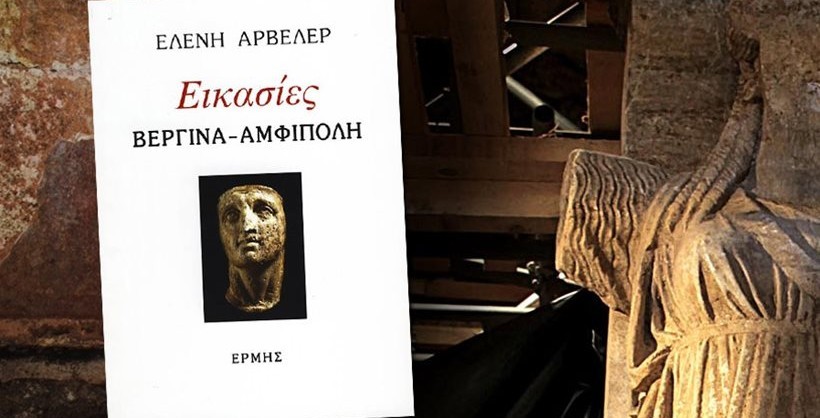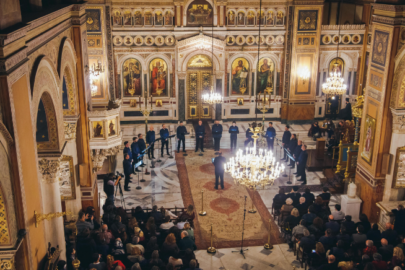According to Mrs. Helene Ahrweiler, an eminent Greek university professor and Byzantinologist, Cassander, the ancient Macedonian Hellenistic King and one of the most important successors of Alexander the Great is buried at the Casta Tomb in Amphipolis, along with Alexander’s half-sister, Thessalonica and other members of his family.
In her brief study entitled “Speculations, Vergina-Amphipolis”, published by Ermis publications, the renowned Byzantinologist presents the theory which she believes is the most reasonable, based on the information released so far in relation to the Tomb and the data available from historical sources. According to this theory, Cassander, a personality with many unique characteristics and peculiarities, could have envisioned and ordered a tomb like the one located at Amphipolis.
“I believe that the grandeur of the monument is consistent with the character of Cassander, a person who, incidentally, was famous for his erudition and also for his hostility towards Alexander the Great, with whom he came into conflict in Babylon. Could therefore the monument in Amphipolis belong to Cassander?” Mrs. Ahrweiler asks.
According to the Byzantinologist, it is very possible that Cassander, who had occupied Athens and witnessed the architectural glory of the city, decided to build a majestic mausoleum for him and his family at Amphipolis.
Another important element in Mrs Ahrweiler’s book is her mention of the theory of the polyandrion, i.e. an ancient Greek burying ground especially for men fallen in battle.
More specifically, she claims that this unique monument could be a polyandrion, “that may be associated with the admirals of Alexander the Great, since this was the place from where the commander’s fleet had departed.”
Whichever theory is correct, she writes “the monument of Amphipolis is undoubtedly a valuable historical clue that can contribute to the study of Macedonia, at a very interesting time.”


































